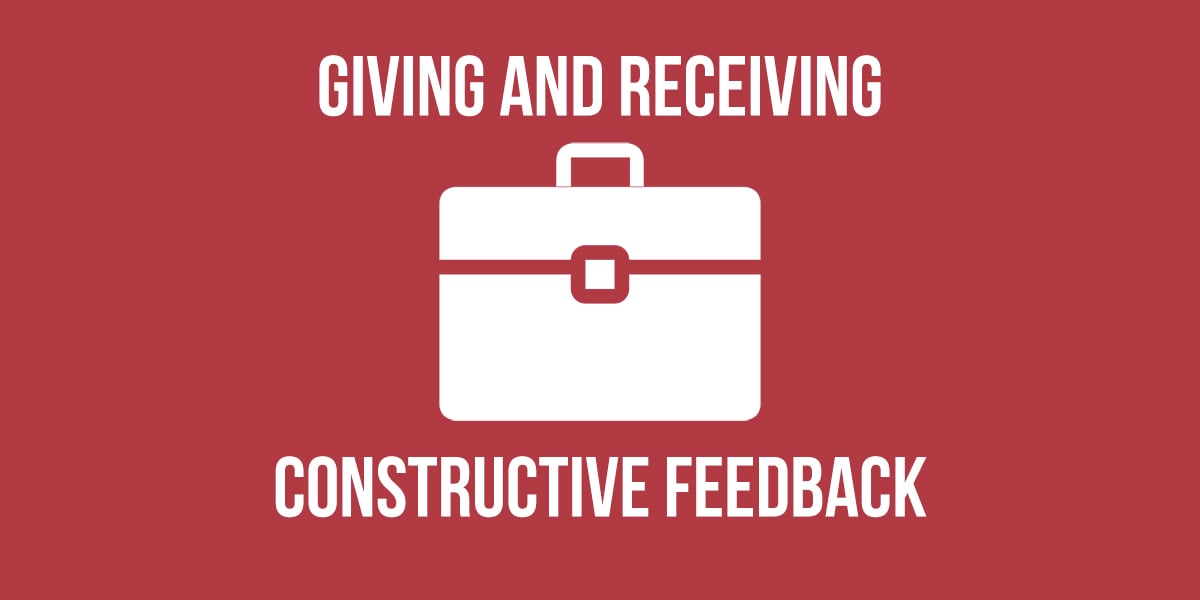“If provided effectively, feedback can inspire, uplift, and motivate the recipient to do better. However, if the job is botched, bad feedback can result in lingering anger, demotivation, resentment, loss of respect, and permanent damage to the relationship.”
- Fast Company
Giving and receiving constructive feedback is undoubtedly a delicate process but there is no denying its benefits in helping to identify and solve issues in the workplace.
Unfortunately, it carries such a negative connotation because most of our experiences with it are focused around criticism rather than reinforcing how we can improve. But what exactly is constructive feedback?
What is constructive feedback?
Constructive feedback is an insight given to employees that has the potential to:
- improve employee moral
- enhance team or workplace unity
- clarify job expectations
- positively impact employee behavior
Examples of constructive feedback include:
- Your accounting logs have had some mistakes lately. From now on review your logs twice before completion, and email a copy to your floor leader before submitting them to improve accuracy.
- Your department is not as aesthetic as corporate would prefer. From now on set aside an extra hour each work day to tidy up your department, and focus on merchandising to increase sales.
It must be noted however, that not all feedback given to individuals and employees is always constructive. Depending on tone of voice and a number of other factors, feedback may also be classified as destructive feedback.
What is destructive feedback?
Instead of providing insights to employees, destructive feedback only highlights a persons faults. Destructive feedback tends to have the following consequences:
- reduction in employee moral
- fails to benefit employees
- negatively impacts employee behavior
- depletes team or workplace unity
Examples of destructive feedback include:
- That's not right.
- Are you even trying?
- This is horrible work!
Giving Feedback
- Schedule a one-on-one session
- Show respect
- Stay objective
- Be specific
- Provide ideas for improvement
- Find a solution together
- Schedule a follow up
Receiving Feedback
- Have an open mind
- Do not show your frustration
- Don’t take it personally
- Follow up with a positive action






